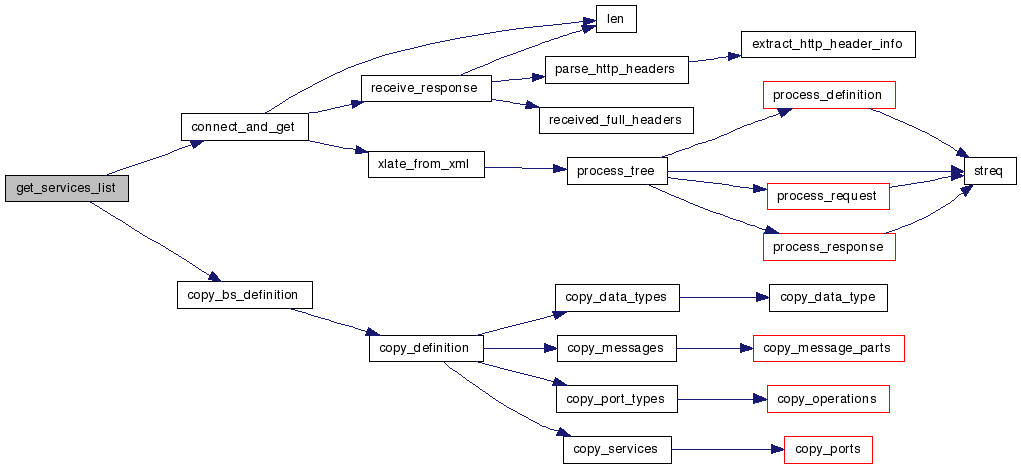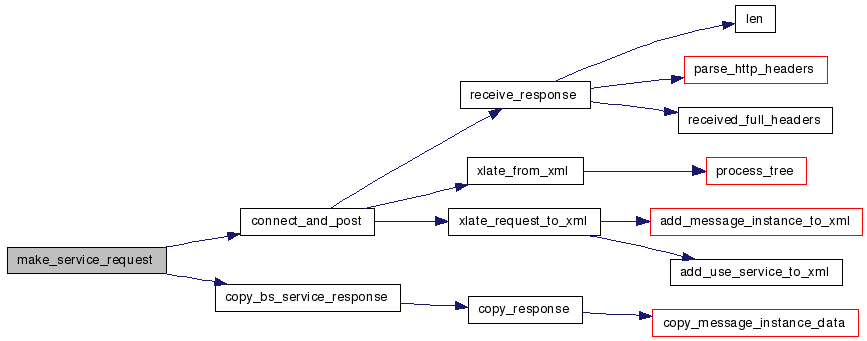| bs_definition* copy_bs_definition | ( | const bs_definition * | def | ) |
Create a deep copy of the given bs_definition using conventional memory allocating techniques.
- Parameters:
-
def The definition to copy
- Returns:
- The copied definition allocated with malloc/calloc etc or NULL if there was an error.
Definition at line 112 of file libbiosphere.c.
References copy_definition().
Referenced by get_services_list(), and main().
Here is the call graph for this function:





 1.5.1
1.5.1